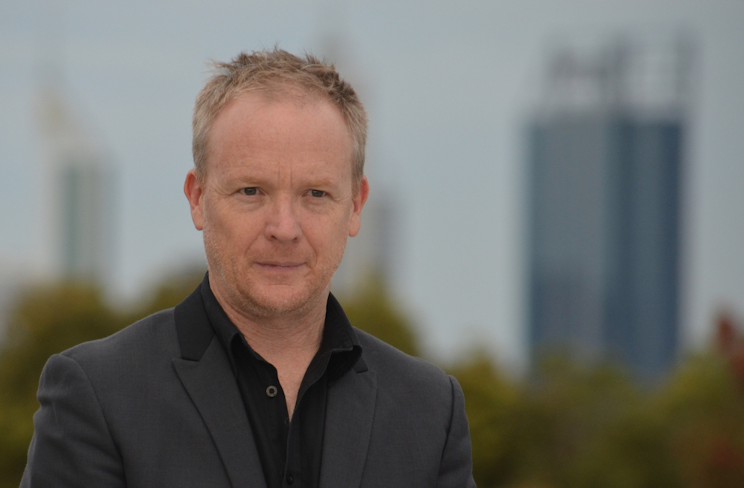Dreams, visions, obsessions, and alien troubadours. The musical imagination can conjure up the wildest things, and the West Australian Symphony Orchestra explored these impulses with the musical insights of French conductor Fabien Gabel, Perth-based composer James Ledger, and violist (as well as composer, and conductor) Brett Dean.
Florent Schmitt is a composer rarely performed today, and hearing WASO breathe life into his 1915 work Rêves was a rewarding experience. As Schmitt sought to musically realise the quasi-intangible, mysterious experience of dreaming, Gabel masterfully guided WASO through the ebbs and flows of the score. Every swell was expertly fashioned, every entry controlled to maximise intensity, and the halting, stop-start gestures towards the end – reminiscent here of someone gradually awakening from a dream – were integrated seamlessly into the overall flow of the piece. Not unsurprisingly, Schmitt’s orchestration is reminiscent of that of Debussy, and Gabel and WASO brought equal measures of shimmer and warmth to the score. Particularly well-realised were the slightly sinister brass tones and the restless wind figurations that underpinned many of the swells.
 James Ledger. Photograph supplied
James Ledger. Photograph supplied
In continuing the theme of ‘music rarely performed’, it’s not often that concertgoers are treated to a viola concerto. These concertos are rarely presented as world premieres, and almost never written by James Ledger and performed by Brett Dean. Such a combination of musical forces made this concerto’s premiere a highly-anticipated event. Those that extol the virtues of the viola (as they should!) praise its unique warmth and openness, and tend to favour the instrument’s darker tone over that of the violin. But Ledger’s composition went beyond these notions, exploring the multiple complex sonorities of the instrument and pushing the viola’s capabilities even further. Throughout the four movements of the work (Rorschach Canticle, Infinite Jester, Alien Troubadour, and Where Angels Hover), the viola moved between sounding eerie and otherworldly, mechanical and jarring, to warm and almost vocal in its musical lines. Ledger’s orchestration supported these sounds greatly, and the integration of synthesiser within the orchestra –particularly in the first movement – was subtle enough to create a compelling mix of artifice and earthiness when interacting with the soloist. Dean leant into every sound-world the score presented him with. His performance of the third movement was the most enjoyable to witness, with his instrument appearing to hold a conversation with itself in the opening passage of double-stops before diving into the cheeky rhythmic patterns with much zest. However, it was the final movement that was arguably the highlight of the work, with Dean’s viola line, both yearning and spooky, emerging from a complex orchestral texture of thudding chords and sinister echoes. Each movement was interrupted by enthusiastic applause from the audience; it appears that Ledger and Dean, alongside Gabel and WASO, make for a powerful dream team.
Following the interval, it was jarring to go from a place of musical discovery to standard repertoire. Was the idea of hearing Symphonie Fantastique almost anti-climactic? Regardless, Gabel and WASO delivered a solid interpretation of Berlioz’s seminal work. The evenness and control of the opening section was highly admirable, and was matched by the excitement and energy of the rest of the movement. Throughout the first two movements, the fullness of the string sound, whilst lovely in its own right, sometimes masked the interesting wind lines within the texture, and occasionally it felt as though the winds were fighting to be heard (or waiting for the brass to come to their rescue.) Nevertheless, the wind solos in the third movement, particularly those of the offstage oboe, the cor anglais, and the clarinet, were sublime. The March to the Scaffold and Sabbath Night Dream were terrific in their bombast and grotesqueness respectively, and the conclusion of the symphony was met with enthusiastic approval from the audience. Encountering Berlioz’s piece once more might not have been as invigorating as discovering new works in this instance, but there’s much to be said for hearing a classic piece played really, really well.











Comments
Log in to join the conversation.